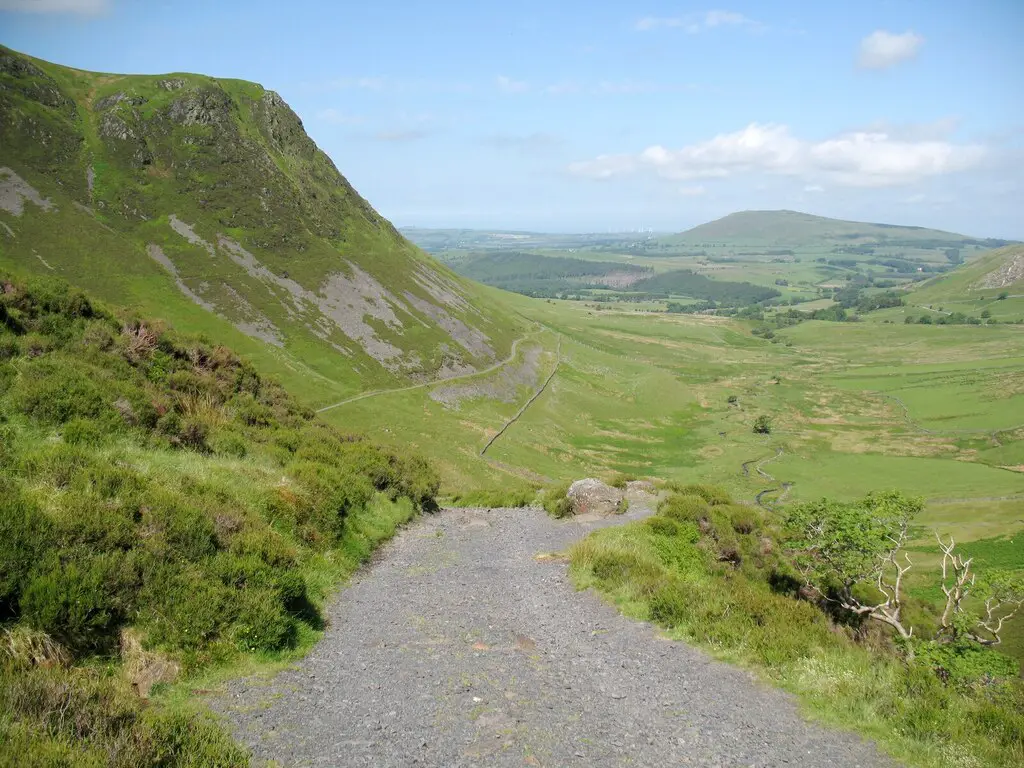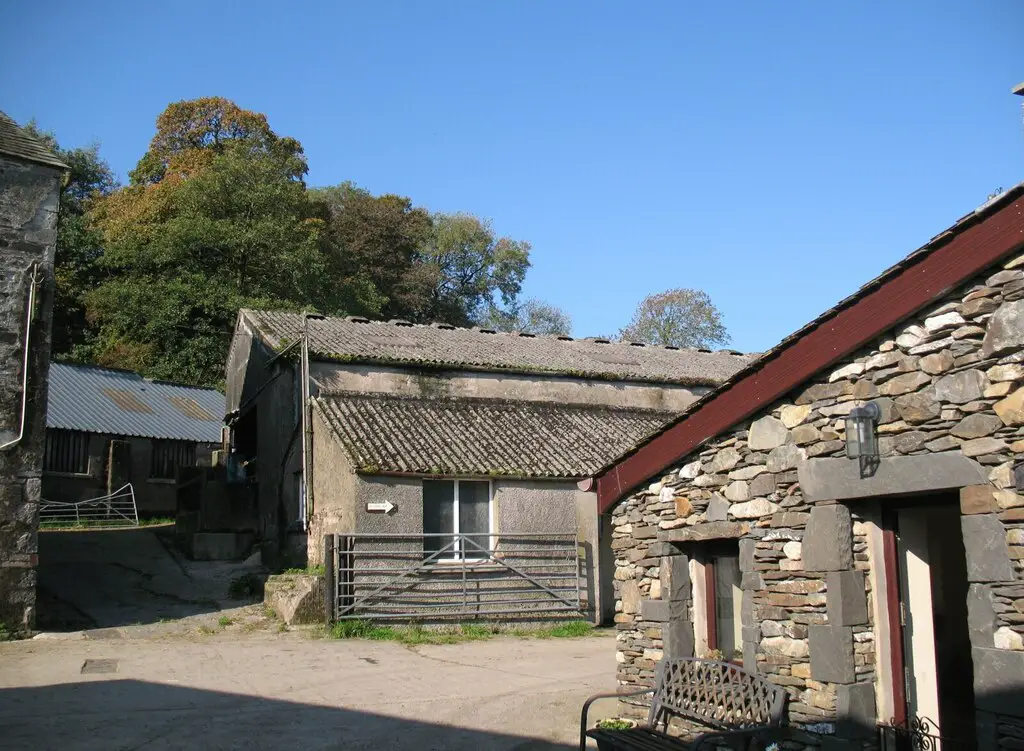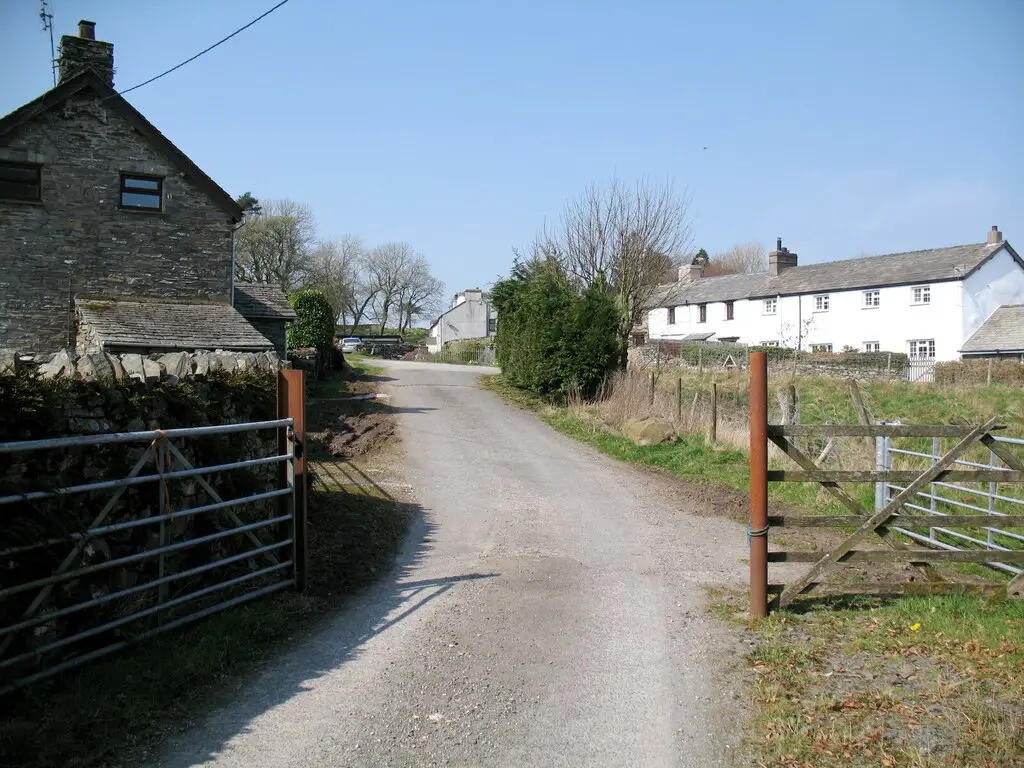
Smallholding for Sale Cumbria
Cumbria is one of the most beautiful counties in the United Kingdom, attracting both visitors and hikers. It’s also an excellent place to invest.
Cumbria is mostly rural, and it is home to the Lake District National Park, a UNESCO World Heritage Site that is regarded as one of England’s most beautiful natural areas, inspiring visual artists, writers, and musicians. The Yorkshire Dales National Park encompasses a large portion of the county’s south-east, while the North Pennines AONB borders the county’s east.
Cumbria has a population of 500,012 people. It also has one of the lowest population densities in England, with 73.4 people per square mile (190/sq mi).
Cumbria’s rural economy is centered on farming. Farming operations directly employ around 12,000 people on a full-time (52%) or part-time basis.
DEFRA recorded 5,135 agricultural holdings in the county in 2016 (4.8% of the total for England).
One of the most interesting opportunities in Cumbria is investing in smallholdings. Smallholdings are often farms that sustain a single family via a combination of income crops and subsistence farming.
These may not be the most economically productive farms, but they make for great conversions into holiday homes.
Finding Smallholdings for Sale in Cumbria
In Cumbria, vacant properties are the responsibility of the council/borough. Most local governments will keep a list of currently vacant properties, some of which are open to the public. Allerdale Council, for example, maintains an empty property newsletter that highlights currently available dilapidated and abandoned houses.
Auction House Cumbria, the industry leader in auctioning residential property, is perhaps the most obvious first port of call in Cumbria. They issue a monthly booklet with roughly a hundred derelict and non-derelict homes.
Cumbria provides various alternatives for property auctions where you may pick up derelict or abandoned homes, as is the case with many derelict property searches. Check out Auction House Cumbria, EIG Property Auctions, and Pugh Auctions, all of which offer derelict and non-derelict properties.
Types of Smallholdings for Sale in Cumbria
Many gorgeous and attractive farms may be found in Cumbria. These are the properties that consumers consider first when looking to buy a foreclosed property. They have outlived their original purpose yet retain the character that can only be found in a property with a history.

In terms of land use, Grazing Livestock is the most common agricultural type in the county, with 56,000 head of cattle and 2,035,000 sheep. This accounts for 71% of the total farmland.
Over at least a thousand years, a distinct community agricultural system comprising common land, hefting, field systems, and drystone walls has emerged. This cultural history, as well as the environment it has produced, contribute to the Lake District’s Special Qualities and “Outstanding Universal Value,” earning it World Heritage Site status.
The average Cumbrian hill farm salary is £8,000 per year, which is less than half of what an agricultural worker would earn. Furthermore, while the average tenant farmer’s capital investment was more than £280,000, the return on this capital was frequently less than 0%.
Derelict Cottages and Abandoned Houses in Cumbria
Empty cottages and agricultural buildings fill the landscape of Cumbria, particularly The Lake District National Park. These provide excellent opportunities for renovation because the existing structure is frequently useful as part of a new construction.
If you are intending to construct within the National Park, keep in mind that the Lake District’s charming ambience and distinct character come at a cost in terms of planning clearances. You will frequently be forced to keep old features at a fee, so contact the local planning agency before buying a home.
Traditional Derelict Cottages for Sale in Cumbria

Cumbria’s lovely abandoned houses are an excellent investment for anybody wishing to maintain the county’s peaceful beauty. A decent rental cottage attracts tourists and generates a consistent profit in a country like Cumbria. You should consider the location of cottages because they are typically off the usual route. Make certain that they are close to a pub!
It’s also necessary to consider planning approvals when it comes to classic cottages. This is especially important if you want to buy a home in the Lake District National Park, where there will be greater limitations on future projects. This may be worth the trade-off because the national park has the biggest volume of tourism.
Derelict Property in Cumbria FAQ
Q: Is there any government support for investors?
A: To stimulate the rehabilitation of abandoned dwellings, the South Lakeland District Council gives an empty homes grant. If you agree to rent the house to persons with urgent housing needs, you can get up to 20,000 pounds to help with repairs in Kendal, Ulverston, and Grange-over-Sands.
Eden Council has a similar program. If you choose the 20,000-pound grant, the housing association of the council will administer the property for you. If, on the other hand, you choose a partially financed 10,000-pound grant, you will be able to select from a list of possible tenants who qualify for social housing. Alternatively, you may choose a no-interest loan, which allows you to manage the property at your leisure.
Q: Where are Cumbria’s Empty Smallholding?
A: Nonetheless, the majority of vacant properties in Cumbria are in rural locations. South Lakeland, for example, has 1,365 abandoned dwellings, which is somewhat higher than Carlisle.
Q: How do national parks affect my investments?
A: It is essential to consider planning approvals when purchasing a smallholding in Cumbria. This is especially important if you want to buy a home in the Lake District National Park, where there will be greater limitations on future projects. You may need to hire specialist builders who are qualified to work on regenerative projects.
But, national parks are great sources of revenue. Cumbria attracts many tourists each year and building in national parks will attract them. You have to make sure you’re purchasing a property that would be attractive to holidaymakers.
That means accessibility to roads and proximity to hiking trails and natural beauty. It also means you need to be near a pub!
